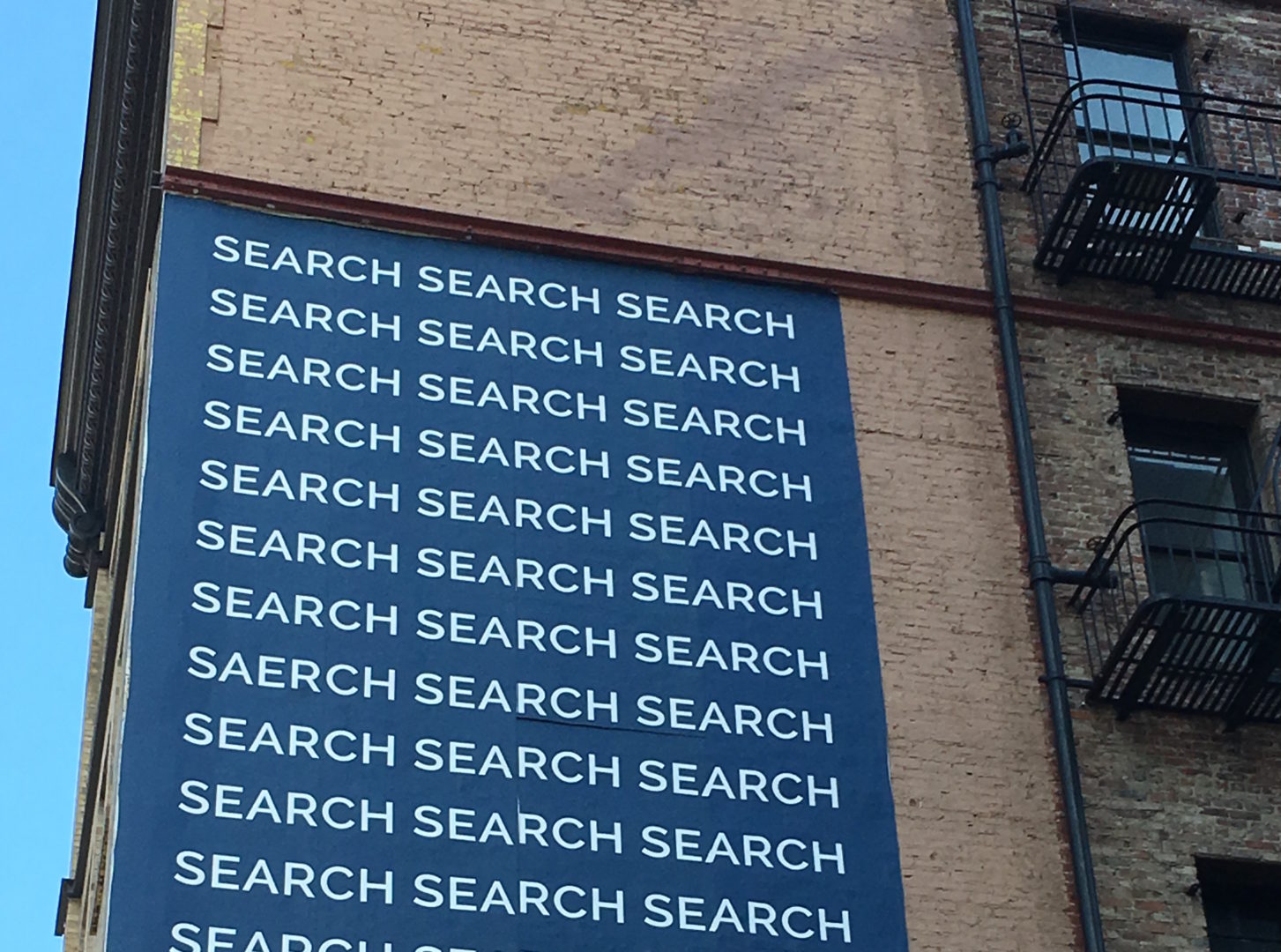Growth Science: A Call to Arms

The path from SEO to SSO
By Anne Ahola Ward
For more than a decade I’ve been a practitioner of search, an SEO. Before that, I was a web developer. In the last few years my title has extended to the new fangled Growth Hacker… which never felt quite right. Don’t get me wrong; I love growth marketing and it’s what I’ve dedicated my career to- but it never felt like it fit me as a label. In development the term ‘hacking’ is negative for two reasons; it means you’re either doing something bad to someone else or you’re doing something half assed, i.e. hacking things apart to cobble them back together. As such, can we finally throw the cobbled “growth hacker” term aside? I like to think of my work as more than tinkering.
Data science is where the top 2% of us friskers live, so the fancy data title doesn’t fit majority of SEOs. Data Scientists come from many backgrounds, but what they share is a broad knowledge of statistics and data modelling. As a former DBA I had the data modeling experience, but had to add the statistics part later. SEOs enhance and maintain growth, which is applied science: a continuous round-robin of investigation, experimentation, and information gathering. Just like any scientist, I follow the scientific method out in the field as researchers would in their respective disciplines.
SEO is certainly more scientific and technical today than it was in the mid 2000s when I started. It’s 2017 we’re knee-deep in data, so we get to question almost everything around us. Marketing keeps evolving to towards the technical so it’s time we coin a new term: Growth Science.
Growth Science is an emerging field, and as such, some specialization is needed. In terms of SEO, ASO, and general search engine efficacy, the commonality of all these ideas is that they all seek to measure and/or create Growth. This is the niche of us who are emerging as Growth Scientists. She (or he) strives above all to seek new methods, not magic, to bring new insights into the data. What does a Growth Scientist do, exactly? Is it SEO? No, it’s SSO- Scientific Search Optimization (SSO), which has some well-defined parameters:
- Hypothesis — study data and form conclusions. Take guesses for what you think might be happening and posit a theory.
- Methodical — the process to determine the results was determined beforehand, and built around a hypothesis. (I.E., “Adding additional schema to the pictures on my homepage will draw more organic search traffic.).
- Provable — the hypothesis is validated or disproven given through the resulting inputs.
- Reproducible — if the test was re-run on a separate but similar project, the conclusions should be the same.
Growth Scientists should also embrace open standards. As data sets become larger and toolsets become more integrated, open standards and open source software are important to maintain transparency. Freedom for independent toolset integrations can help prevent vendor lock-in.
This all suggests a future path for the discipline of SEO… SSO. Just as with science in any other field of expertise, only public experiments contribute to a collective body of knowledge, and improvement to the growth discipline. To truly earn the title of growth scientists, we must also grow into a community of fellow practitioners who share our results, discuss our latest experiments, and peer review our results.
Are you in?
Shameless plug: buy my O’Reilly book, The SEO Battlefield: Winning Strategies for Search Engine Marketing Programs. Due out March 2017!


